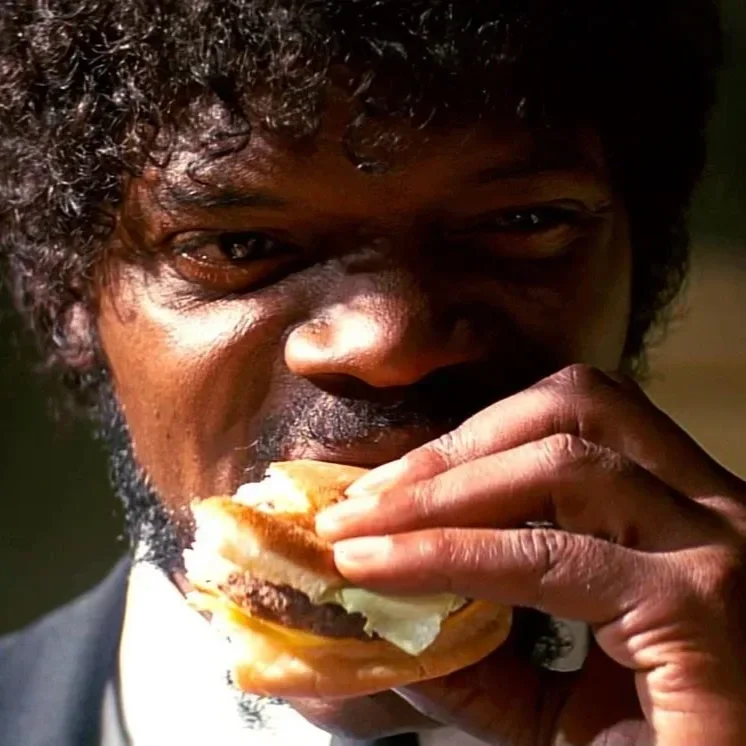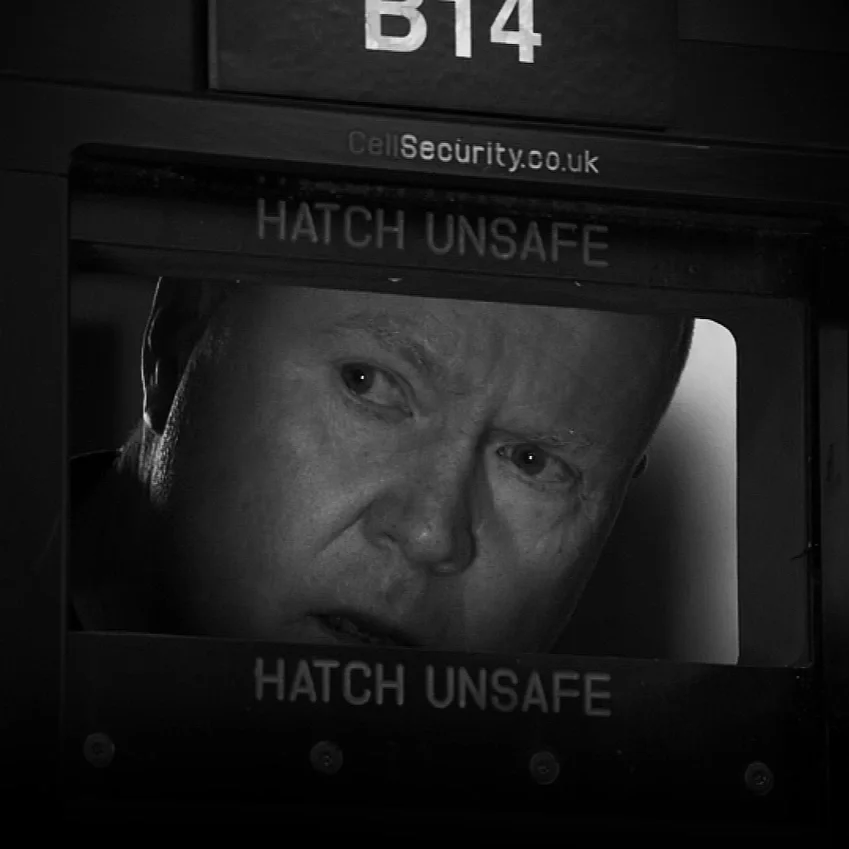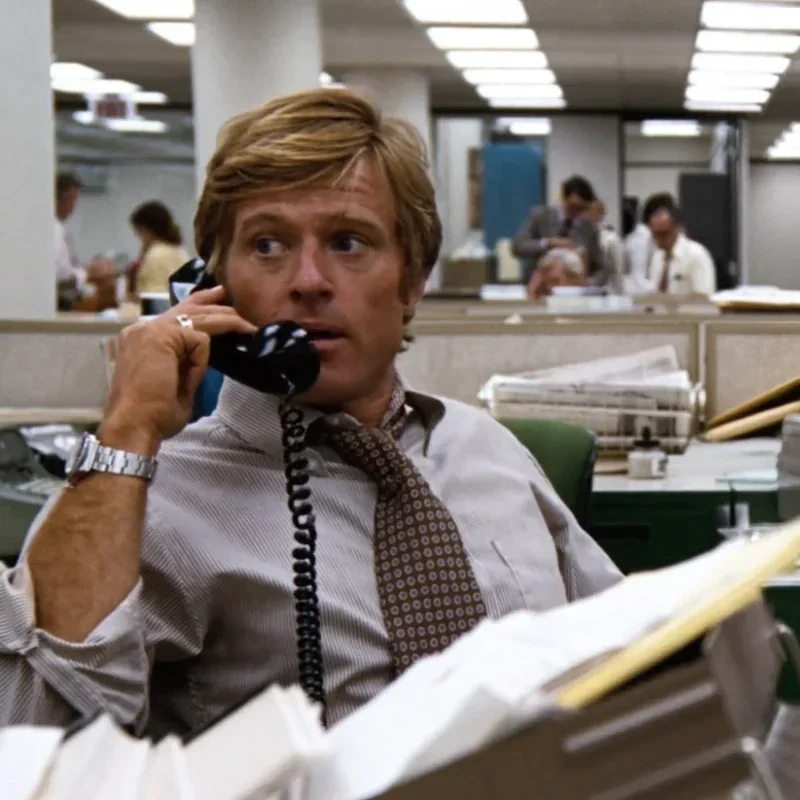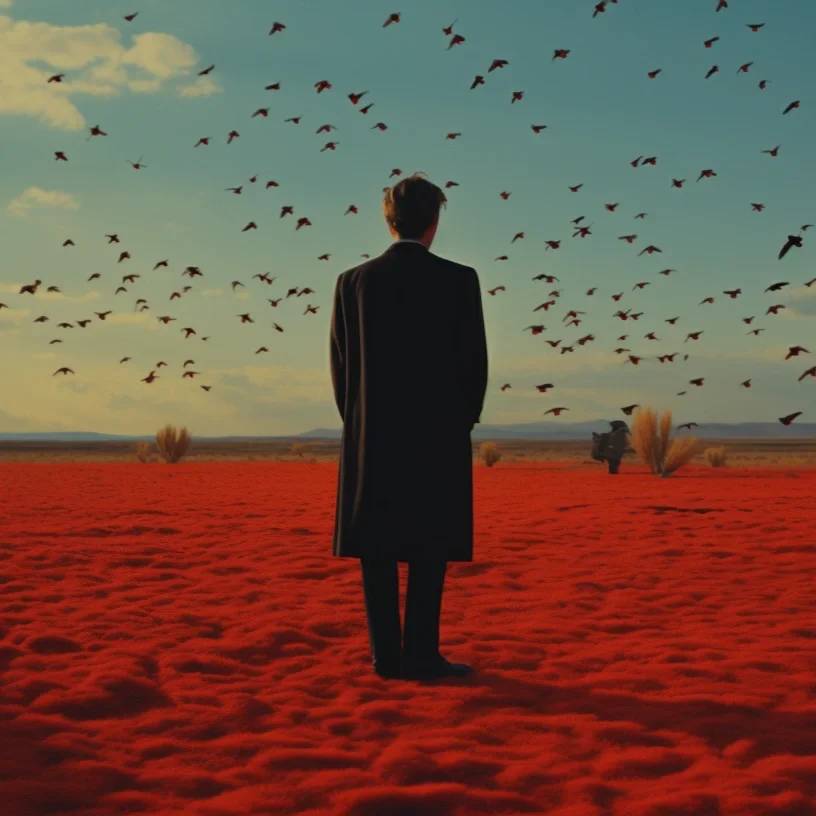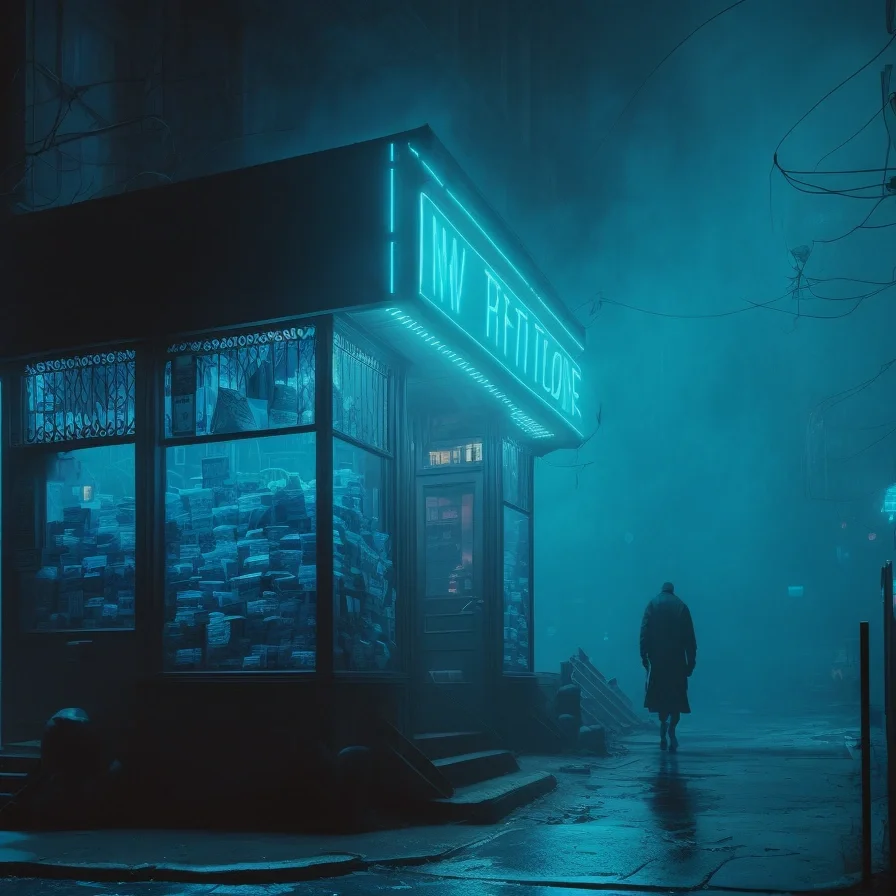The Campsite Rule: A Product Manager’s Quiet Superpower
In product management, we tend to fetishize the grand gesture. The roadmap reveal. The strategic offsite. The launch keynote which wraps a quarter’s worth of firefighting into a triumphant bow. But most of product work, real product work, is not the climax.
It’s not the sprint review or the pitch deck or the user demo. It’s the in-between. The one-on-one where someone confesses they’re burned out, the Slack message you almost didn’t send, the quiet note you leave in a Jira ticket for whoever picks it up next. And in those moments, the real resilience and character of a product manager is revealed. Not in vision, but in stewardship.
The idea is simple. You leave the campsite better than you found it. The phrase comes from environmental ethics, but it translates beautifully into the rhythm and rigor of product work. Wherever you are, a meeting, doc, codebase, user journey, you act with care for the next person. You clean up after yourself. You annotate. You make decisions visible. You ask the second question. You leave traces of thought rather than trails of confusion. You make the room a little more coherent than it was before you entered.
This sounds quaint, maybe even sentimental, until you remember just how often our industry runs on the opposite principle. Move fast and break things. Ship now, regret later. There is a cult of the solo genius which worships velocity and disrupts continuity. But velocity without regard for consequence is not speed, it’s carelessness. And disruption without empathy is not innovation. It’s erosion.
The campsite rule pushes back against this. Not loudly. Not punitively. But persistently. It demands you become the kind of product manager who honors context. Who knows that even when you’re building for scale, you’re still responsible for the intimacy of experience. Because that’s what products are in the end. A set of repeated micro-encounters between strangers and machines. And those encounters are either frictional or generous, brittle or elastic. They are either left better or worse.
Think about a messy handoff. A doc passed between teams with no framing, no intent. A roadmap read out like a ransom note. A designer left to guess what the tradeoffs were in a meeting they weren’t invited to. These are not project management failures. They are hospitality failures. You didn’t leave the campsite better. You left it darker, harder to traverse. Someone will now burn calories just to get back to where they were. And your velocity bought someone else’s exhaustion.
The reverse is also true. A clear decision log. A thoughtful comment in Figma which explains why the button moved. A meeting where everyone leaves with less anxiety, not more. These things don’t show up on OKRs. But they change everything. They compound. Because if your team knows that wherever you go, clarity follows, then you’ve done more than manage a product. You’ve cultivated faith and trust. You’ve engineered calm.
The campsite rule is especially critical in moments of sustained ambiguity. The messier the moment, the greater the opportunity. You’re in a problem-definition session and nobody knows what the real issue is? Instead of waiting for someone else to take charge, you surface what’s murky. You restate. You ask the grounding question. You don’t rush to fill the air with ideas. Instead you create the conditions for better thinking. Later, someone will say, “That meeting felt more useful than I expected.” That’s the campsite rule in action. It doesn’t announce itself. But it leaves a fingerprint.
In hiring, we look for this too, though we don’t always have the language. We call it “high agency” or “strong product sense,” but what we’re really after is this: do you treat the space between things as your responsibility? Do you act as if every touchpoint, every meeting, ticket, doc, prototype, comment, is an opportunity to increase alignment and reduce entropy? That’s the person I want in the room. Not just the visionary. The cleaner. The editor. The builder who doesn’t just deliver product but also repairs the terrain it lives on.
Practically, this ethos shows up in ways both small and systemic. It’s how you write a ticket that doesn’t just list requirements but explains intent. It’s how you close a project not with silence but with an outcomes-driven retro which thanks people by name. It’s how you model that it’s okay to say “I don’t know” in a meeting, and genuinely mean it. It’s how you send the pre-read 24 hours before, not five minutes after the meeting starts. You don’t do this to win points. You do this because you believe in the dignity of each moment and the people in it.
There is also a subtle humility to this approach. Campsite product management is not about your legacy. It’s about the health of the system after you’re gone. One of the greatest compliments a product manager can receive is not that you were brilliant, but that things kept running smoothly when you left. That the team knew what to do. That the docs were clear. That the vision didn’t vanish with you. That in the calm there is confidence in execution. You didn’t hoard context as power. You distributed it as sunlight.
This is not to say you should play small. You still drive. You still challenge. But you do it in a way which builds scaffolding, not silos. You keep the architecture legible. You turn knowledge into infrastructure. You see yourself as temporary, but your impact as durable. Like a good ancestor.
And that, really, is what the campsite rule is. It’s a form of product ancestry. A quiet promise that whoever comes after you, be it the next product owner, the next sprint, the next intern, isn’t stepping into a fog. They’re inheriting something tended. Something coherent and filled with pride. Something kind.
So the next time you’re in a meeting and it’s spiraling, remember: you don’t need to solve everything. But you can make it better. You can summarize. You can clarify the open question. You can restate what’s been agreed. You can add a note to the doc that future-you will thank you for. You can shine a light.
And when you do, you’re not just managing product. You’re practicing care. You’re creating culture. You’re keeping the fire lit for the next camper, even if you’ll never meet them.
That’s how we make better products. One cleaned-up corner at a time.








